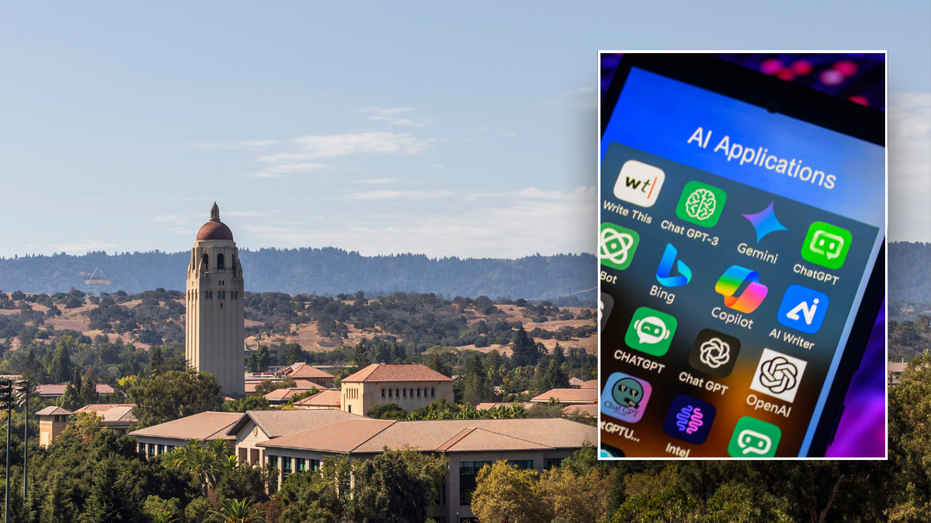TECHCRUNCH.COM
Entrepreneur Marc Lore on founder mode, bad hires, and why avoiding risk is deadly
Entrepreneur Marc Lore has already sold two companies for billions of dollars, collectively. Now he plans to take his food delivery and take-out business Wonder public in a couple of years at an ambitious $40 billion valuation.We talked with Lore in person in New York recently about Wonder and its ultimate aim of making meal planning effortless, but we also touched on Lores management philosophies. Below is some of what he had to say on the latter front, edited lightly for length and clarity.Lore on so-called founder mode, wherein founders and CEOs actively work with not only their direct reports but with skip level employees, too, in order to ensure that small challenges do not become big ones (Brian Chesky operates this way, as does Jensen Huang of Nvidia, Elon Musk, and Sam Altman, among many others):Yeah, the founder mode thing didnt really resonate with me, because Ioperate differently. I really focus on this idea of vision, capital, and people. We have a meeting every week with the leadership team, and we spend two hours every week just on the foundational elements of the vision, strategy, org structure, the capital plan, our performance management systems, compensation systems, behaviors, values like, stuff that you think is already set.Youre like, Oh, yeah, we already did behaviors. We already did values. We did performance management. We have our strategy. But when youre growing and moving fast, its amazing how much that evolves over time, and you want to stay on top of it and just talk about it and talk about it.When everybody is fully aligned and you have really good people, you just let them run; I dont need to be involved at all. So I dont get involved in the specifics of what people do, as long as they know the nuances of the strategy and the vision. When you get that dialed in with your team, and they get that dialed in with their own team, everybody moves in the right direction.How Lore thinks about hiring the right people:Imreally, really big on hiring rock stars. Like, that is every person [I hire]. I used to think that you could interview somebody and in an hour decide whether the persons a rock star. I really thought that, and I think other people do as well.Its impossible. Ive hired thousands of people. You cannot tell if somebody is a rock star in a one-hour interview, and more times than not, youll get honey potted. Somebody talks a good game, they sound good, they say the right things, theyve got the right experience, then they dont work out, and you wonder why.I started going back to the resumes and trying to draw correlations, and what I found is theres a clear pattern that superstars have in resumes thats differentiated from a non superstar. That doesnt mean that somebody who doesnt have a superstar resume couldnt be a superstar. I miss out on those people, its fine. But when I see somebody who has a superstar resume, theyre almost always a superstar. When I interview them, I already know I want to hire them, and its more just to make sure that theres nothing Im missing from a behavioral standpoint or culture or values we want alignment there. But the resume has to show a demonstrable level of success in every job that they were in. That means multiple promotions. It means staying at a company long enough to get promoted, and it means when you leave and go from one company to another, its a big move. Superstars dont move laterally. They dont move down from a good company to a bad company, because bad companies need to pay more to attract people and so sometimes they shake loose people that arent as good, that just want to go for the money.But you find somebody thats [in the top] 5% and you look at their resume, its like: boom, boom, promotion, promotion, promotion, promotion, promotion, promotion, and then a big jump promotion, promotion, big jump. When I get that resume that shows that demonstrable level of success, I grab it and I pay them whatever they need. Its that important to me to get that superstar in there. And you build a company of superstars.You have to have the right performance management system so that they know exactly what they need to do to get to the next level. Because the superstars are highly motivated. They want to know what they need to do to get to the next level, especially Gen Z. They want to know and get promoted every six months. Finally, heres Lore talking about his belief that taking bigger risks is the way to secure a startups future, even while the approach may seem counterintuitive to many:People always underestimate the risk of the status quo, and they overestimate the risk of making a change. I see that over and over and over.If you have a life-threatening medical condition, and the doctors like, You have six months to live, at that point, a trial drug or anything, even if its super risky, [is going to look good]. Youre basically seeking opportunities to take risk, to not have that inevitable death.If youre super healthy and everythings going great, and somebody says, Take this experimental drug; it might make you live longer, [a lot of people will say], You know what? Its too risky. Im really healthy. I dont want to die from this drug.But startups are very different than big companies. When youre at a big company like Walmart [whose U.S. e-commerce business Lore ran after selling it one of his companies], its all about incremental improvement. Theres no incentive to take risk. As a startup founder, chances are youre going to die. Chances are you are going to die every day that youre living and doing this startup. The probability is 80%, with only a 20% chance of this actually working. So you have to take that into account when youre making decisions. You have to seek opportunities to take risk, to reduce your risk of dying. The status quo is the worst thing you can do. Doing nothing is the most risk you can possibly take.











